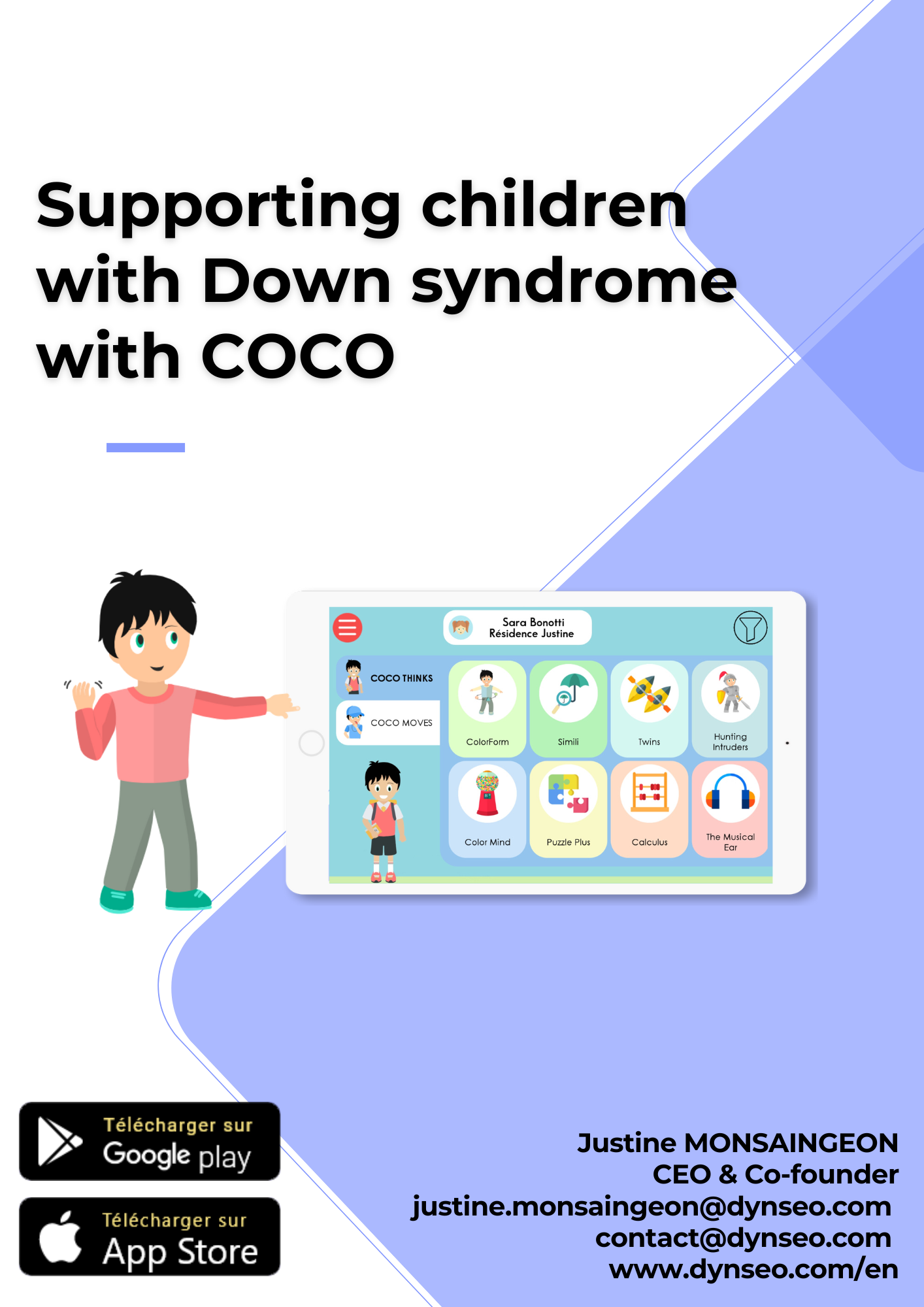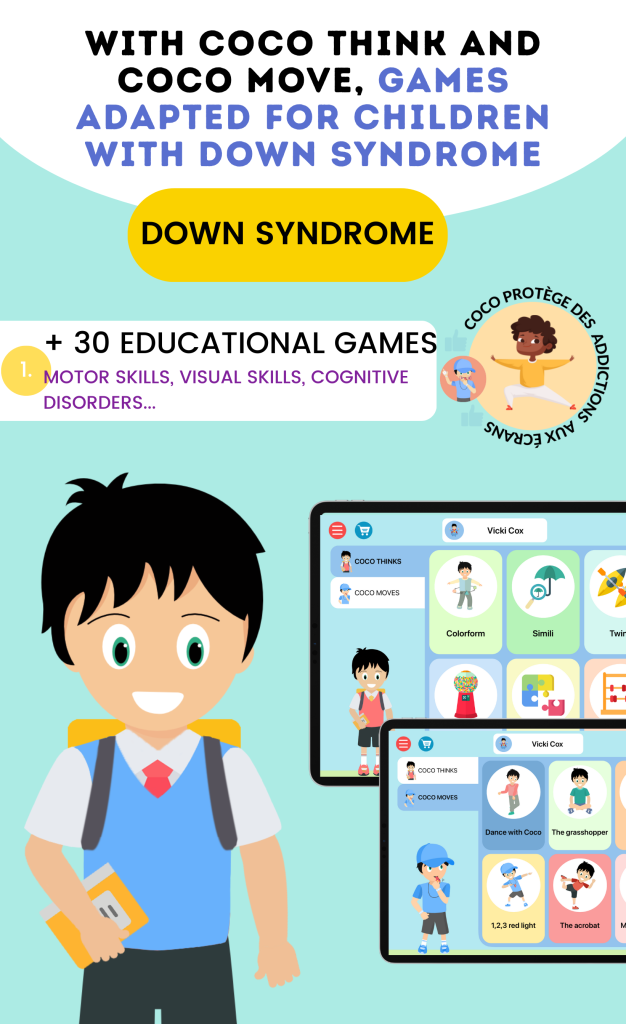Engaging in regular physical activity is one of the most effective ways to enhance our overall health. When we participate in exercise, whether it be through sports, walking, or dancing, we are actively working to improve our cardiovascular health. Our heart becomes stronger, and our blood circulation improves, which can lead to a reduced risk of heart disease and other chronic conditions.Additionally, we often find that our endurance increases, allowing us to perform daily tasks with greater ease and less fatigue. Moreover, physical activity plays a crucial role in maintaining a healthy weight. As we engage in various forms of exercise, we burn calories and build muscle, which can help us achieve and maintain a healthy body composition.This not only boosts our physical appearance but also contributes to our overall health by reducing the risk of obesity-related diseases such as diabetes and hypertension. By prioritizing physical health through regular exercise, we are investing in our long-term well-being.
Cognitive Development Benefits
The benefits of physical activity extend beyond the physical realm; they also significantly impact our cognitive development. Engaging in regular exercise has been shown to enhance brain function and improve memory. When we exercise, our bodies release endorphins and other chemicals that promote neurogenesis—the creation of new neurons.This process is vital for maintaining cognitive health as we age and can help stave off cognitive decline. Furthermore, physical activity can improve our focus and concentration. When we engage in exercise, we often experience an increase in blood flow to the brain, which can enhance our ability to think clearly and make decisions.This heightened mental clarity can be particularly beneficial in academic settings or professional environments where critical thinking is essential. By incorporating regular physical activity into our routines, we are not only nurturing our bodies but also sharpening our minds.Social Skills Improvement

Emotional Well-being
Our emotional well-being is intricately linked to our physical activity levels. Engaging in regular exercise has been shown to reduce symptoms of anxiety and depression. When we move our bodies, we release endorphins—often referred to as "feel-good" hormones—that can elevate our mood and create a sense of happiness.This natural boost can be especially beneficial during challenging times when we may feel overwhelmed or stressed. Moreover, physical activity provides us with a constructive outlet for managing emotions. Whether it’s through running, dancing, or practicing yoga, we can channel our feelings into movement, which can lead to a greater sense of control over our emotional state.By prioritizing physical activity as a means of self-care, we cultivate resilience and improve our overall emotional health.◆ ◆ ◆
Improved Motor Skills
As we engage in various forms of physical activity, we naturally enhance our motor skills. Whether it’s through sports that require coordination or dance that demands rhythm, we are constantly refining our ability to control our movements. This improvement in motor skills is not only beneficial for athletic performance but also translates into everyday activities such as writing, cooking, or even driving.Additionally, developing motor skills through physical activity can boost our spatial awareness and balance. As we practice different movements and techniques, we become more attuned to our bodies and how they interact with the environment around us. This heightened awareness can lead to increased confidence in our physical abilities and a greater willingness to try new activities.Confidence Building

Increased Independence
As we develop our physical abilities through regular exercise, we often find ourselves becoming more independent. Improved strength and coordination enable us to perform daily tasks with greater ease, reducing reliance on others for assistance. This newfound independence can be particularly empowering for individuals who may have previously faced limitations due to physical challenges.Additionally, engaging in physical activities often encourages us to explore new environments and experiences. Whether it’s hiking a new trail or joining a fitness class, these opportunities allow us to step outside of our comfort zones and embrace new adventures. This sense of autonomy fosters personal growth and encourages us to take charge of our lives in meaningful ways.◆ ◆ ◆




